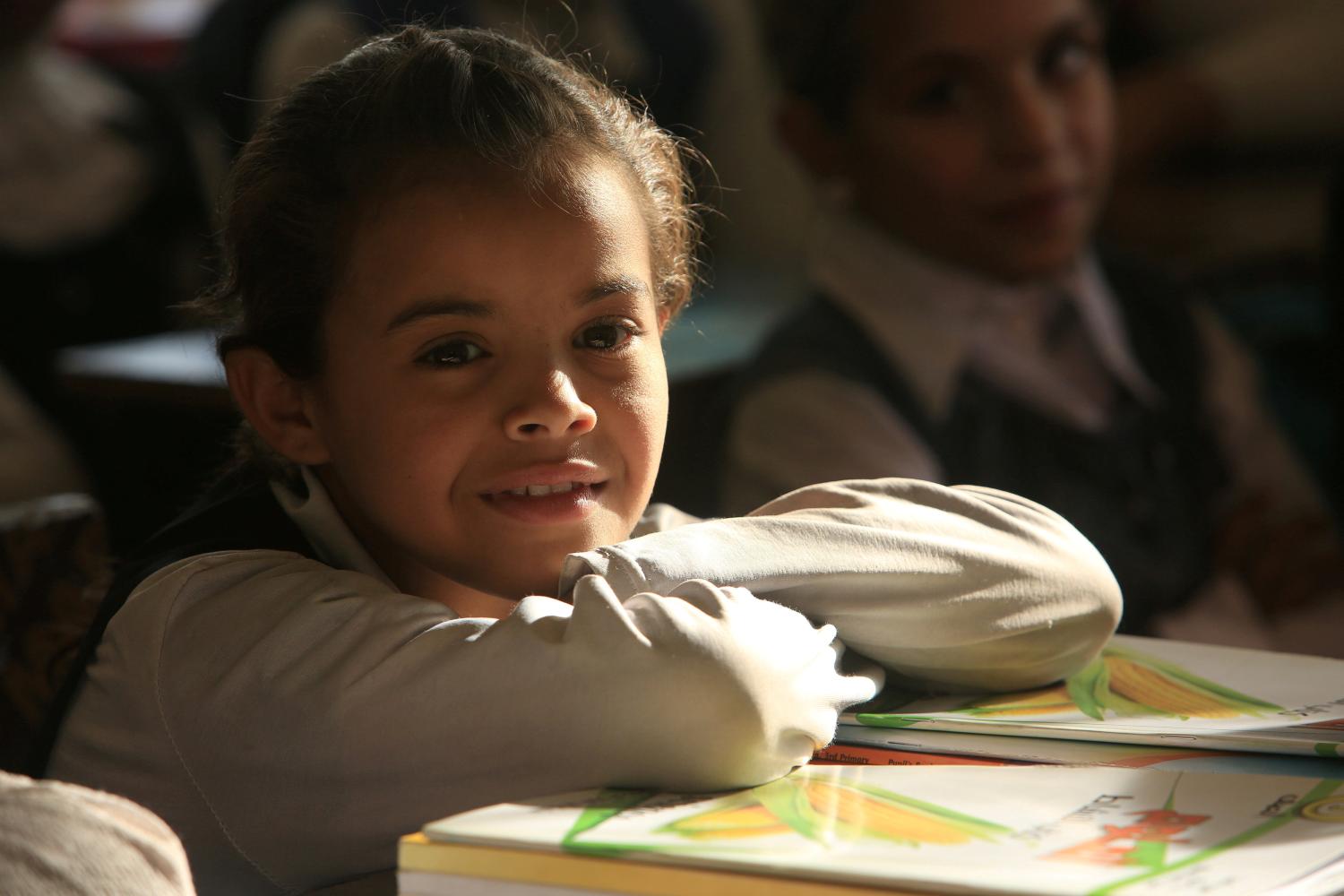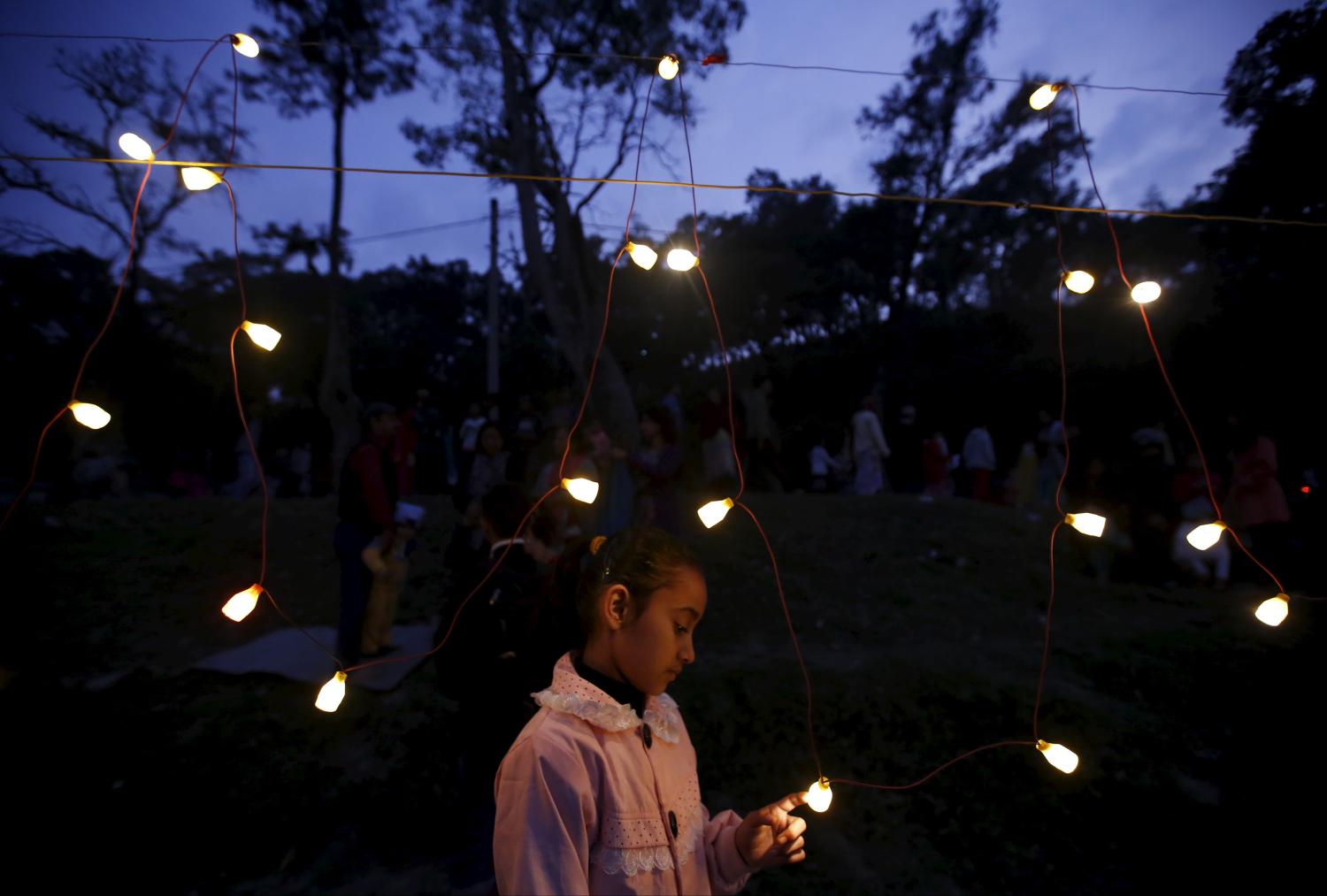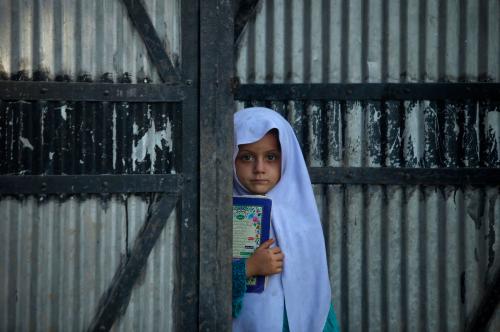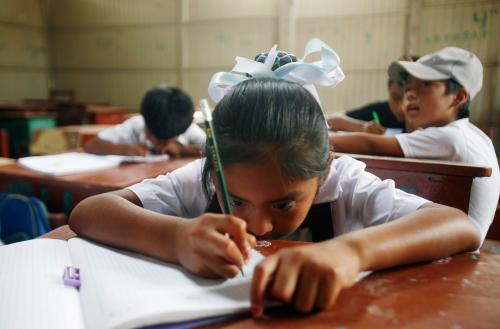UNESCO estimates that 130 million girls of primary and upper secondary age are out of school globally. The Echidna Global Scholars Program brings girls’ education leaders from grassroots, nonprofit, academic, and policymaker backgrounds to Washington, D.C. to help develop innovative solutions to the most pressing problems facing girls in low- and middle-income countries.
During their five-month residency, the scholars produce evidence-based policy recommendations geared toward their local community and stakeholders in their home country. They garner buy-in from the global education community, and return home with a strong network of global girls’ education leaders and fine-tuned skills to help shift the status quo for girls.
But their impact reaches far beyond their time in Washington.
In this video, hear four alumni discuss the outcomes of their work since leaving the program and how it has shaped them today.
These scholars have tackled issues such as child marriage, menstrual taboos, and ethnic exclusion—and brought solutions to bear like gender-sensitive pedagogy, inclusion of men and boys in gender equality efforts, and mentoring for the most marginalized girls in the world.
From the nomadic Maasai in Kenya to the indigenous girls of Mexico, girls across the world have benefited from the impact of the Echidna Global Scholars’ leadership. To date, the program has hosted a total of 28 scholars from 17 countries, and is excited to welcome a new cohort of scholars this summer.
The Brookings Institution is committed to quality, independence, and impact.
We are supported by a diverse array of funders. In line with our values and policies, each Brookings publication represents the sole views of its author(s).








Commentary
Echidna Global Scholars: Making an impact on girls’ education around the world
March 7, 2019